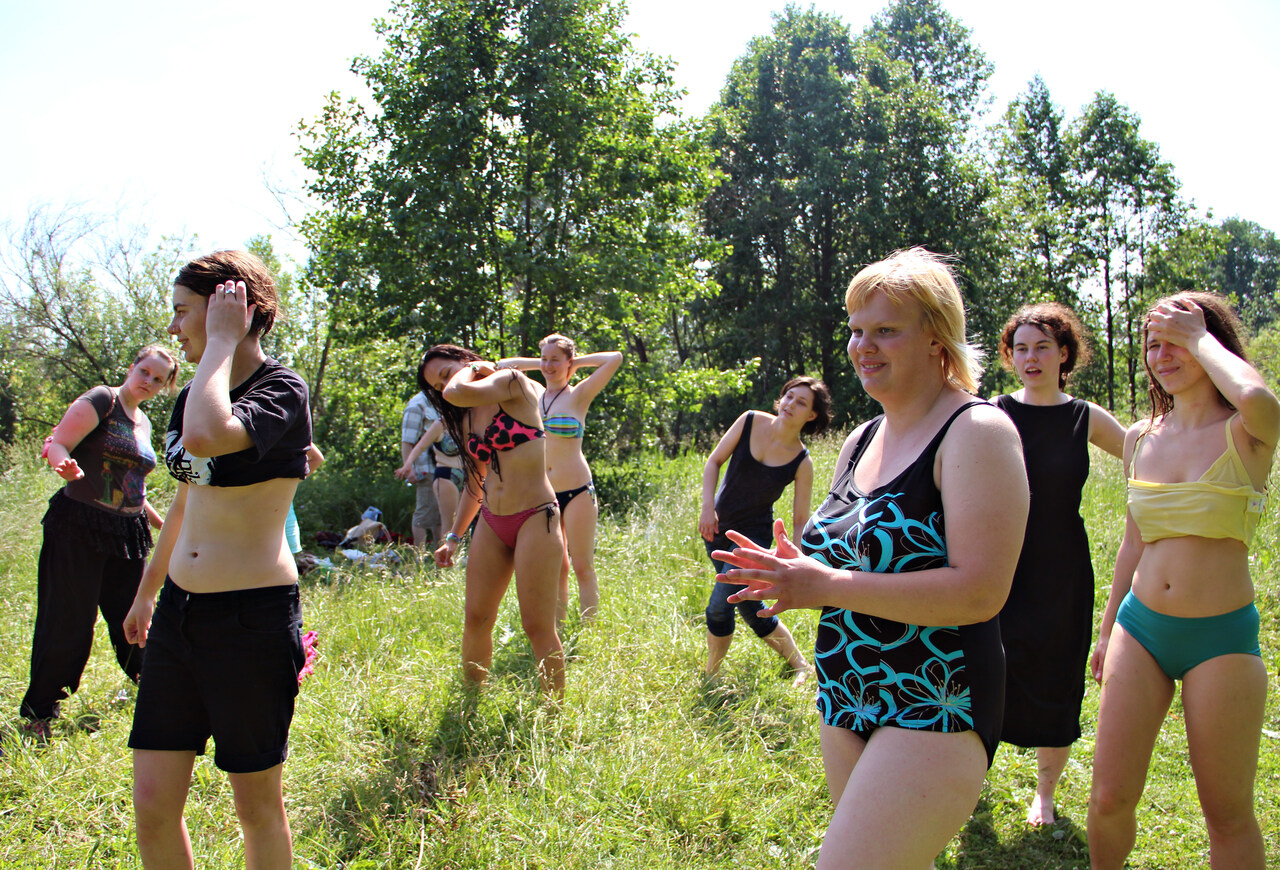Moving practice (performance)
Terms: all to all, care virus, intoxication, pharmachoreography, practice of small movements, sanatorium, weak disease
Collective depression is the result of the ruling class project of resubordination. For some time now, we have increasingly accepted the idea that we are not the kind of people who can act. This isn’t a failure of will any more than an individual depressed person can ‘snap themselves out of it’ by ‘pulling their socks up’. The rebuilding of class consciousness is a formidable task indeed, one that cannot be achieved by calling upon ready-made solutions—but, in spite of what our collective depression tells us, it can be done. Inventing new forms of political involvement, reviving institutions that have become decadent, converting privatised disaffection into politicised anger: all of this can happen, and when it does, who knows what is possible? (Mark Fisher).
Many of us are familiar with depressive episodes: feeling one’s worthlessness, one distantiates from the world, staying in one’s room for weeks or months. A ceaseless feeling of guilt for incapacity to work and make decisions. Hostile environment deprives one of stability, panic and horror overtake until one is threatened with total loss of oneself. You have no right to be here and now, in this body, in this clothes, you are nothing and, as your senses whisper, this nothing is becoming more in you.
The dominant thinking in psychiatry sees origins of these ideations in a disorder of chemical processes in the brain to be corrected pharmacologically; psychoanalysis and therapies originating from it seek roots of mental disorder in family history, while cognitive-behavioral therapy is less interested in the origins of negative ideations than in displacing them with positive narrations.
But many forms of depression are better dealt with—or even fought against—on a level beyond the individual, politically, rather than on a personal and “psychological” level.
Natalia Nikulenkova, agent of the Union of Convalescents, has developed Collective Struggle Against Depression, a singular method of therapies specifically for those trying to rest, seeking inspiration with the therapeutical practices of Soviet sanatoria. Journeys to them were part of minimally guaranteed recreation for the absolute majority. Treatment and recreation in them thus became a dream realized: because this time of recreation meant no only regeneration of health, but also socialization, disinhibition, and environmental immersion.
Treatment will be accompanied by readings from Mark Fisher and Franco “Bifo” Berardi.
Music and sound therapy: the sound of Tibetan cups is said to prevent depression. Their sounds resonate with vibrations of human body cells. There is a particular interference in Himalayan and Tibetan cups.
Swimming pool exercises. Water is a wonderful medium for treatment that is both stimulating, strengthening, and relaxing.
Light treatment. Among the varieties of depression there is one whose reasons are known clearly: seasonal depression. It takes place in Fall and Winter due to shortened daylight and thus lack of sunlight. Light therapy can prevent or alleviate this type of depression. Sunlight is conducive to Vitamin D, which is essential for production of brain neurotransmitters.
Earth exercises. Walking barefoot works because our bodies which are 60–70% water conduct electricity well. Earth has a negative ionic charge, thus neutralizing some of the distortions in our bodies.
Yoga. Concentration on posing and breathing engrosses body and mind in a balanced difficulty. Such simple poses as Sun Salutation chase depression away. Yoga’s dynamism and energy affects mental health positively.
